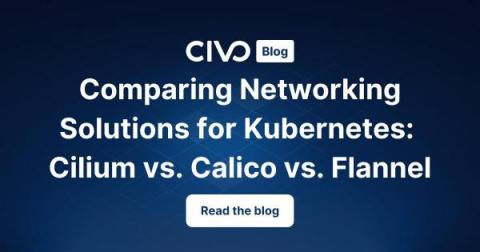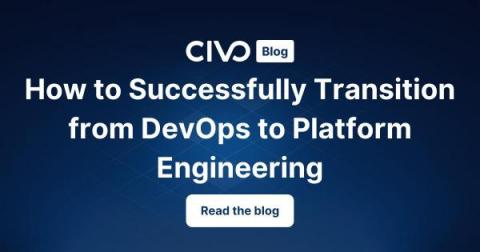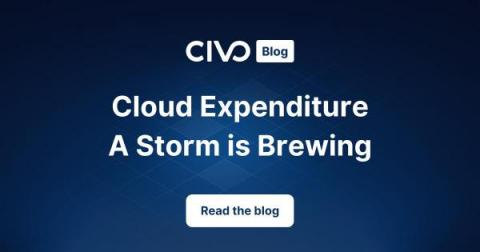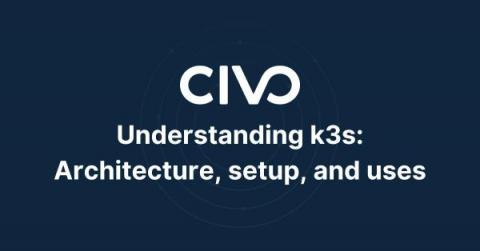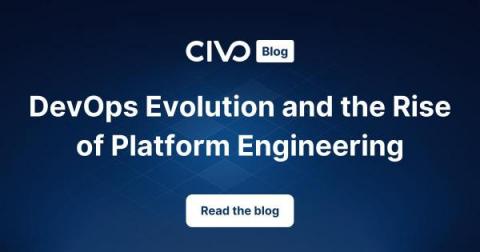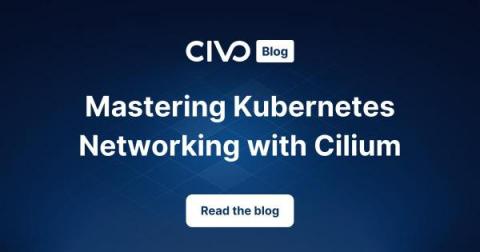Civo's Kubernetes & Cloud Native Glossary
The Kubernetes & Cloud Native Glossary This post will provide you with an A-Z guide of terms associated with Kubernetes and Cloud Native. Through this, we have compiled a list of over 100 terms with the aim of helping you understand the terminology required to start learning about Kubernetes and Cloud Native. Back to Start.



